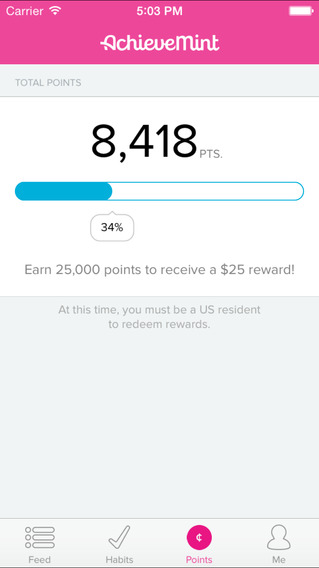 Digital health startup founders who spoke at the Digital Healthcare Innovation Summit in Boston this week debated the nuances of engaging patients outside of the doctor's office. The panel discussion included Wellframe CEO Jacob Sattelmair and The Activity Exchange Cofounder Christine Lemke.
Digital health startup founders who spoke at the Digital Healthcare Innovation Summit in Boston this week debated the nuances of engaging patients outside of the doctor's office. The panel discussion included Wellframe CEO Jacob Sattelmair and The Activity Exchange Cofounder Christine Lemke.
"For us, we say that healthcare is largely a service industry and it’s actually the provision of service and human care that has historically been quite effective," Sattelmair said. "The problem is that the ways of engaging patients and communicating with patients has been limited and therefore that service is restricted to very brief episodes and very little support. When we think about digital medicine, it’s not about replacing human care, it’s about amplifying and extending human care and helping patients feel more connected and more cared for especially during periods of need."
Sattelmair continues that providing care isn't effective when it's misaligned from the needs of the patients, so that some times there will be a highly concentrated period of care, but other times the patient is completely ignored. Lemke, co-founder of a wellness platform for payors, on the other hand, adds that while she does think the healthcare industry is doing an OK job leveraging patient information to deliver care, she finds that there is a lot more data that providers could use to deliver care to patients at the right times.
"Maybe this is a terrible example to use but think of your Facebook data or some of the triggers in your Facebook profile," Lemke said. "Most women, and I grossly overgeneralize here, when they switch their relationship status to engaged what’s one of the first things they do? They start their Pinterest wedding planning board and they go on their wedding diet. So this is a moment of time that you’re never going to see in an EMR, that you’re never going to see in claims data, that you’re never going to see from the care provider that’s a trigger point to see when someone’s going to pay attention to some of these things in their life that contribute to wellbeing."
Lemke also said that when asking for or seeking out this kind of data, they are very explicit with consumers about what data they will use. The Activity Exchange, she explains, has a consumer-facing called AchieveMint.com, which rewards people for providing data and taking part in experiments. In light of the recent Facebook controversy, Lemke adds that to conduct these experiments on users, the goal should always be to benefit the consumers.
"The problem with the Facebook experiment in my opinion, and I’m very opinionated about this, is that was an A/B experiment where they are actually trying to evoke a negative experience for consumers," Lemke said. "Like, the B part of that test is ‘Let’s see if we can make them depressed in a way’. I’m oversimplifying, but— in healthcare we have to be super super careful that we’re not designing the B part of the experiment to be bad, a bad outcome. We’re actually throwing a series of triggers out there to see what produces a good outcome."

















